The primary reason people consult a chiropractor, physiotherapist or massage therapist is the presence of pain. Whether it is a pain in the neck, the back, the shoulder or the knee, pain drives their decision to consult. Pain can be a complicated thing. It is an uncomfortable feeling that can range from a mild nuisance to debilitating, but it is necessary. It alerts us that something is wrong with our bodies.
What is pain?
Symptoms Are the Tip of the Iceberg
Pain will often be described as the tip of the iceberg by your healthcare provider. It doesn’t tell the whole story. Pain is merely a symptom of the underlying issue. As symptoms become either more frequent or appear to be getting worse or lasting longer, the person takes more notice. Symptoms can come and go depending on different stresses, strains and lifestyle choices that are put on the body. In the iceberg analogy, these underlying causes that can contribute to symptoms are what is lying beneath the surface.
Some of these lifestyle stressors include:
- Stress – physical or emotional
- Poor posture
- Overuse injuries
Your Goals
While your main goal when consulting with your healthcare provider might be to simply get rid of your pain as quickly as possible, your focus should also be on improving function for long-lasting results. While pain medication makes you feel better today, it does nothing to restore your body’s normal function. Increasing your function can be a goal to focus on when deciding on treatment options to improve your overall quality of life. Goals that you set should be simple and reasonable, such as being able to go for a longer walk, being able to put on your socks comfortably or having a restful night’s sleep, etc.
Evaluating Function
During an initial evaluation, your chiropractor, physiotherapist or massage therapist will often evaluate how you move by checking your range of motion in your spine and joints and making you perform functional movements such as squatting or bringing your hands behind your back.
Such movements are crucial for everyday life, and when limited can negatively impact your ability to go about your activities of daily living (ADLs). Poor function can also cause compensation in neighbouring joints in your body. For example, an ankle that is not moving properly may cause pain in your knee or hip. That is why a thorough functional evaluation must be done, and not simply an evaluation of the part of your body that hurts.
On subsequent visits, your healthcare provider may often ask about changes in your function along with changes in your pain scores throughout your treatment.
They may ask you questions in regard to your ADLs. This progress may also be recorded through the aid of standardized forms such as the Neck Disability Index (for neck pain), the Rolland-Morris Questionnaire (for low back pain) or the QuickDASH (for arm, shoulder or hand pain), just to name a few.
Sometimes, patients may report slight to no improvement in pain scores, but when questioned further they will show a significant improvement in function. As a patient, it is important to evaluate yourself for improvement in function and not just improvement in pain. Improvement in function will eventually decrease your pain, but sometimes the brain needs time to catch up, especially when the pain has been present for a long time. You can read more about the effects of chronic pain here.
Maintaining Proper Function
Just like your car requires regular maintenance appointments such as tire rotations, oil changes, and fluid checks, your body should be checked regularly for proper function. Just because something doesn’t hurt, doesn’t mean it’s moving perfectly. Injuries and wear and tear can be prevented by keeping proper movements in all of your joints.
While being pain-free today is an acceptable short-term goal, talk to your healthcare provider about your long-term goals and establish a plan to get you back on track and moving well. Are you moving 100%? If the answer is no – give us a call to book your first appointment and be on your way to better movement! Call us at our contact us at CURAVITA Byward clinic (613-860-8600) or at our CURAVITA Glebe clinic (613-237-9000).



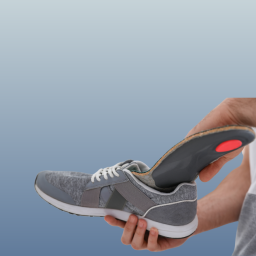
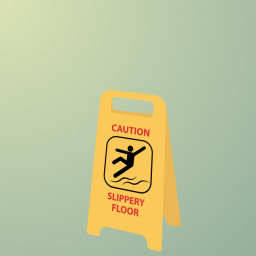


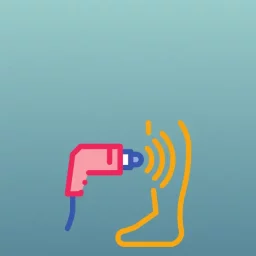

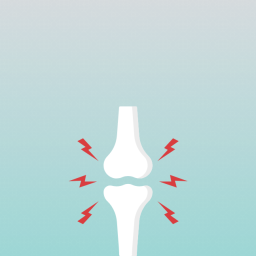
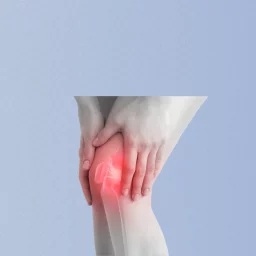
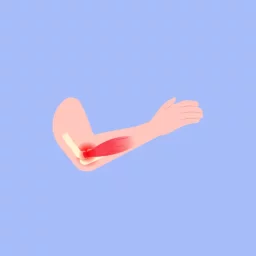
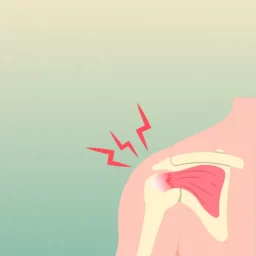


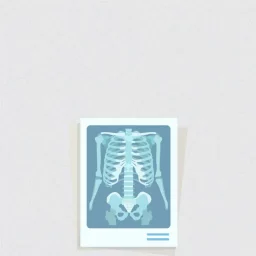
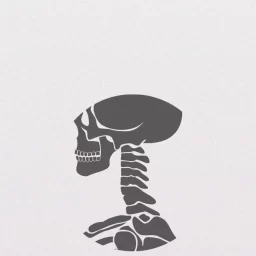
[…] is not the solution to the problem. There is very strong evidence that keeping active and gradually returning to all regular daily activities (including work and exercise) is important on the road to full recovery. In contrast, prolonged bed […]